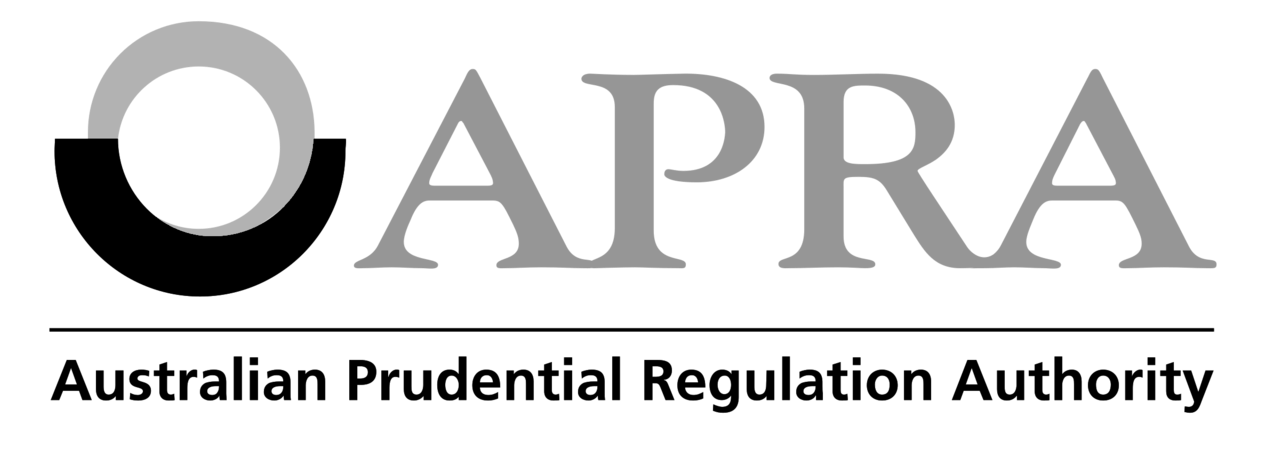Federal Deposit Insurance Cooperation: Protecting Depositors and Safeguarding the Banking System
Introduction to Federal Deposit Insurance Cooperation
The Federal Deposit Insurance Cooperation (FDIC) is an independent agency of the United States government that provides deposit insurance to depositors in U.S. banks. Established in 1933 in response to the Great Depression, the FDIC plays a crucial role in maintaining confidence in the banking system by protecting depositors against the loss of their insured deposits. In this article, we will delve into the functions, significance, and mechanisms of the FDIC, highlighting its efforts in ensuring the stability and resilience of the U.S. banking industry.
Protecting Depositors: The Core Function of FDIC
The primary objective of the FDIC is to protect depositors and maintain public confidence in the banking system. It achieves this by providing deposit insurance coverage up to a specified limit per depositor, per insured bank. In the event of a bank failure, the FDIC steps in to protect depositors by reimbursing their insured deposits, effectively preventing potential bank runs and ensuring the stability of the financial system. This deposit insurance coverage assures depositors that their funds are safe, regardless of the bank's financial condition.
Role in Bank Supervision and Regulation
In addition to its role in deposit insurance, the FDIC plays a vital part in bank supervision and regulation. It works in conjunction with other regulatory bodies, such as the Office of the Comptroller of the Currency (OCC) and the Federal Reserve, to supervise and examine banks for safety and soundness. The FDIC ensures that banks adhere to prudent banking practices and regulatory requirements, minimizing risks and vulnerabilities in the banking sector. By actively supervising and regulating banks, the FDIC contributes to the overall stability and health of the financial system.
Bank Resolutions and Receiver Appointments
When a bank fails, the FDIC has the authority to resolve the bank's affairs in an orderly manner. It can either facilitate the sale of the failed bank to a healthy bank or establish a bridge bank to assume its operations temporarily. The FDIC also has the power to appoint itself as the receiver of a failed bank, taking control of its assets and liabilities. In these resolutions, the FDIC aims to protect depositors, minimize disruption to the banking system, and ensure the efficient transfer of assets and liabilities to a solvent institution.
Resolution and Liquidation of Failed Banks
In cases where a bank's failure cannot be resolved through acquisition or bridge banks, the FDIC is responsible for liquidating the failed bank. It manages the sale of the bank's assets and uses the proceeds to pay off its liabilities, including insured deposits. The FDIC's role in the liquidation process ensures an orderly wind-down of the failed bank's operations while maximizing the recovery of funds for depositors and creditors.

Contributing to Financial Stability
The FDIC's efforts go beyond protecting depositors and resolving failed banks. It actively promotes financial stability through various initiatives and programs. The FDIC conducts comprehensive risk assessments, monitors emerging threats, and implements measures to address systemic risks in the banking industry. Additionally, the FDIC works to promote sound corporate governance, risk management practices, and compliance with regulatory standards among banks. By fostering a stable and resilient banking system, the FDIC contributes to the overall strength of the U.S. financial system.
Challenges and Future Outlook
The FDIC faces numerous challenges in its mission to protect depositors and maintain a stable banking system. Rapid technological advancements, evolving financial products, and new risks pose ongoing challenges for the FDIC's supervision and regulation efforts. Additionally, the potential impact of economic downturns and systemic risks on the banking industry requires the FDIC to remain vigilant and adaptive. Looking ahead, the FDIC will continue to adapt its policies and practices to address emerging challenges and ensure the ongoing effectiveness of its deposit insurance program and regulatory functions.
In conclusion, the Federal Deposit Insurance Cooperation (FDIC) plays a vital role in safeguarding the U.S. banking system and protecting depositors. Through its deposit insurance program, bank supervision and regulation, bank resolutions, and efforts to promote financial stability, the FDIC ensures the resilience of the U.S. financial system. Despite the challenges it faces, the FDIC remains committed to its mission, contributing to the confidence and stability of the banking industry while providing crucial protection to depositors across the United States.










